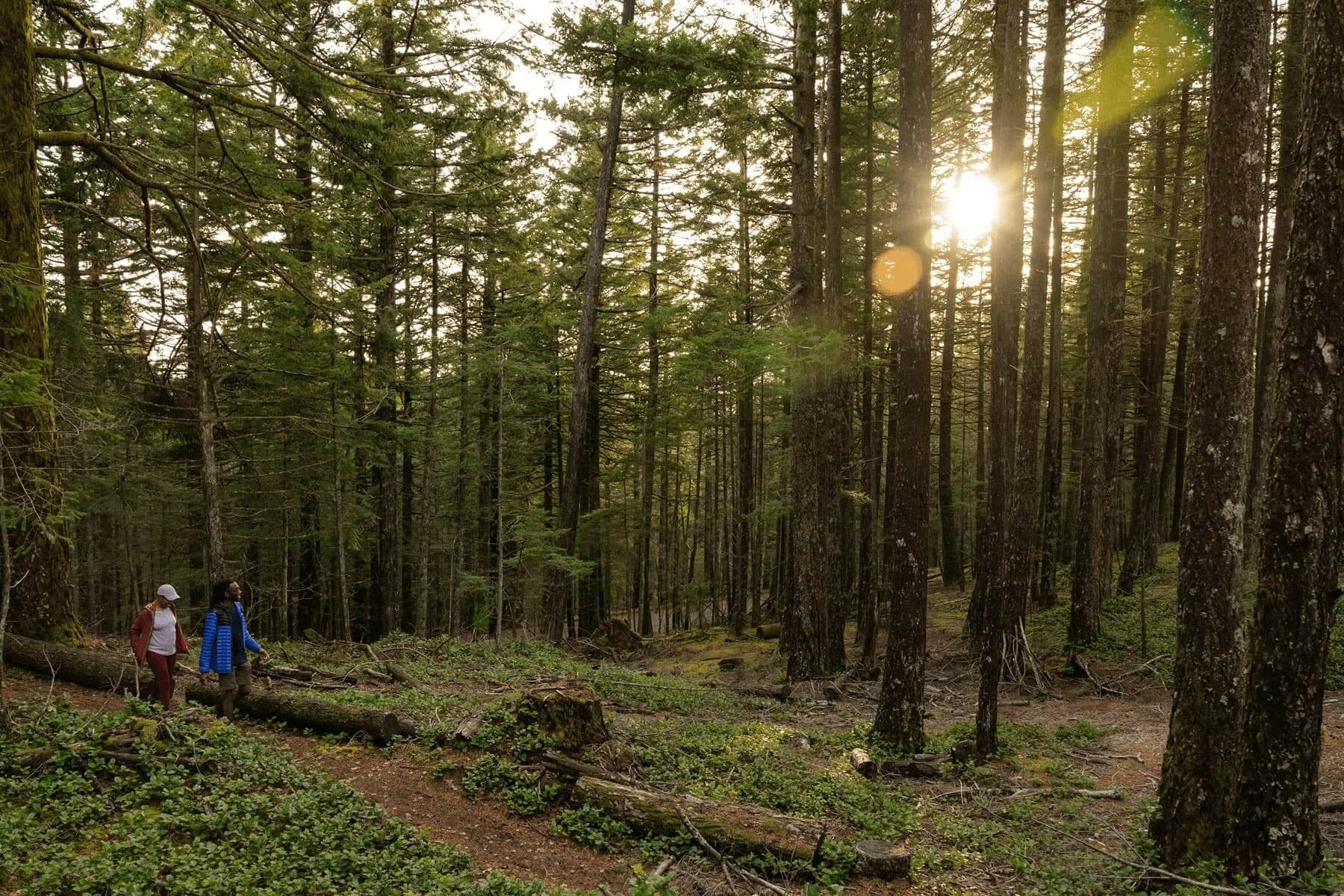
Native American Heritage
With 29 federally recognized Native American tribes, Indigenous culture is visible in a variety of ways throughout Washington. The tribes are deeply embedded in the state’s history, and they have contributed to its rich and diverse culture. Each has its own government that works to preserve Native American culture, protect natural resources, and invest in community services and the local economy.
The city of Seattle, named after Chief Si’ahl, the leader of the Suquamish and Duwamish tribes, is the only major city named after a Native chief. Visitors are encouraged to explore the museums, open heritage sites and art exhibits to delve into the impact Indigenous people continue to have here.
The lands that make up Washington State are the ancestral lands of numerous tribal communities. To preserve important natural resources and cultural heritage, please be mindful and recreate responsibly when visiting all of Washington’s outdoor spaces.
Native Museums and Cultural Centers
Travelers can visit the Hibulb Cultural Center and Natural History Preserve in Snohomish County to see how it revives, protects, and enhances the history, traditional cultural values and spiritual beliefs of the Tulalip Tribes. On the Kitsap Peninsula, the Suquamish People open their doors year-round to those who come to the Suquamish Museum to learn about the history and present-day lives of the important stewards of the Salish Sea.
In eastern Washington, the Yakama Nation Cultural Center is open seven days a week including the Yakama Nation Museum which is one of the oldest Native American museums in the United States and features a 12,000 sqft exhibition hall. In Neah Bay on the Olympic Peninsula, the Makah Cultural and Research Center houses 300-500 year old artifacts from the Ozette Triangle giving a glimpse into pre-contact Makah life.
See more Native Museums and Cultural Centers
Native American Art
Northwest Native Expressions in Sequim is run by the Jamestown S’klallam Tribe and features art from Native artists around Washington state including baskets, jewelry, textiles, books and more.
The Northwest Native Art Gallery is located inside the Burke Museum on the University of Washington (UW) campus in Seattle. The gallery currently features contemporary and historic pieces from six PNW Native artists. After visiting the museum, stop by Off the Rez Cafe for frybread, Indian tacos, and rice bowls.
To view more contemporary Native American art, guests can attend IN THE SPIRIT, an annual summer celebration where Native artists display their work in a juried exhibition from June through September at the Washington State History Museum.
Festivals and Events
The Penn Cove Water Festival celebrates and teaches appreciation for our environment with Native American canoe racing, entertainment, storytelling, Native American arts and crafts vendors, and more. The first festival took place in 1930 and continued until World War II, then was revived in 1992. This event takes place yearly each May.
Chief Seattle Days is put on by the Suquamish Tribe to celebrate and honor Chief Seattle. The multi-day event includes Chief Seattle’s Gravesite Honoring, Powwow, Salmon Bake, Canoe Races, and more. Many events are open to the public and visitors are encouraged to attend, but some are closed to Tribal members.
The Northwest Native Festival happens every August hosted by the Washington State History Museum, Tacoma Art Museum, and Museum of Glass. The festival is free to attend, and includes live performances, art exhibitions, a fashion show, interactive activities, food, and more.
More Native American Cultural Events
Native-Owned Businesses
Throughout Washington State, there are plenty of Native-owned businesses that offer the experience of learning about Tribal culture through tours, food, art, handmade goods, and more.
Eighth Generation started selling Native-designed blankets and opened their first flagship store in Pike Place Market in 2016 at Pike Place Market. Owned by the Snoqualmie Tribe, the brand’s goal is to reclaim the production of products that feature Native art. Eighth Generation collaborates with multiple Native artists and makers under the brand selling art prints, jewelry, soap, and more.
Moby Duck Chowder and Seafood was opened by Jamestown S’Klallam geoduck divers Jeremy and Jason Holden in late 2023. The restaurant serves fresh, seasonally available seafood from Tribal fisherman, including geoduck caught locally in Sequim Bay by the Holden brothers.
Beaver Tales Coffee opened a second location on the Historic Coupeville Wharf. This is just phase one of a multifaceted plan to create the sʷədəbš Cultural Center in the heart of Coupeville dedicated to celebrating indigenous cultures of the area. Owners Tony and Michelle seek to create a comprehensive center that expands the coffee shop into a restaurant, art gallery, educational space, and gift shop that immerses visitors in the rich heritage of local indigenous communities. Currently, the cafe serves in-house roasted coffee, specialty beverages, fresh baked goods, sandwiches, and salads.
Named Travel + Leisure’s #1 Best Resort in the West, Salish Lodge and Spa is owned by the Snoqualmie Tribe, and is the perfect place to experience the Pacific Northwest through curated spa treatments, regional flavors at the two onsite restaurants, easy access to outdoor recreation, and history and culture incorporated into the Snoqualmie Falls sdukw albixw Gift Shop and Visitor Center.
In the Chehalis River Valley, Talking Cedar is the first Tribal owned distillery in the United States. The Chehalis Tribe successfully lobbied congress to repeal the statute that prohibited distilleries on Indian land, making it the first of its kind since 1834. Talking Cedar is also the first Tribal owned brewery in Southeast Washington. The facility also serves brunch, lunch, and dinner including dishes such as house-smoked BBQ, PNW salmon, hand-pressed burgers, and more.
MEDIA CONTACT:
E: WATourismPR@greenrubino.com
Public Relations, GreenRubino for State of Washington Tourism
